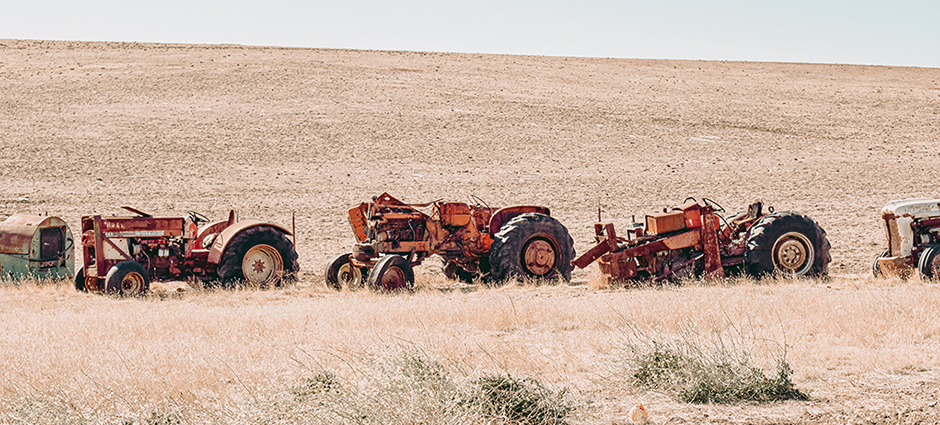From Drought to Deluge: Rains Complicate 2023 Season
For three years California has suffered through a consistently worsening drought. The impact of the drought have been evident throughout the state, especially with the increased risk and incidence of wildfires that have ripped through communities, destroying homes and thousands of acres of forestland.
Less evident during this time has been the impact on California’s farmers who have been experiencing a slower moving disaster. The lack of rain and snow forced the state and local irrigation districts to limit the amount of water available for farmers. Farmers who were lucky enough to have ground water and the rights to pump it, needed to pay thousands of dollars to have their wells dug deeper to reach the diminished supply of this vital resource.
For many farmers, these water cutbacks led to fewer crops planted and lower yields of the crops that were harvested. In the summer and fall of 2022 this was becoming more and more evident at farmers markets throughout the state as the produce on farmers’ tables was often not stacked as high as in past years and farmers limited the number of markets at which they sold producers each week.
As the winter of 2022-2023 approached, many farmers were expressing concern about the predictions of a drier, warmer, La Niña winter. Then the rains started.
And it rained, and rained, and rained.
To the surprise of meteorologists, farmers and just about everyone else, La Niña was bested by an atmospheric river that brought a cascade of storms to California. These storms have refilled reservoirs and amassed a mountain snowpack that is nearly three times the seasonal average. But these storms also washed out roads, uprooted trees, ripped through greenhouses, and collapsed levees.
Our state, including our state’s farmers, are faced with a new and unexpected set of challenges. California’s farmers are innovative and resilient and they have been pulling on their boots and working to mitigate the impact of the storms and prepare their fields and orchards for spring harvests and summer plantings. So far, with a few exceptions, most farmers are reporting that their spring and summer crops are secure, though the harvest may be a bit later than in past years due to the cooler start to spring. For many of our summer favorites, especially peaches and other stone fruits, the next few weeks are key. Extreme storms, especially those bringing high winds or hail, can wipe out a developing crop in a matter of hours.
At PCFMA, we have seen the impact of the winter deluge firsthand. In the first three months of 2023, 39.6% of PCFMA’s scheduled markets had weather rated by the market managers as Poor. By comparison, over the previous three years, only 15.7% of markets were recorded as having such bad weather. Not surprisingly, the number of producers in PCFMA’s markets in the first three months of 2023 is down 9% from the same period in 2022, while the number of customers is down 8.3%.
All of us at PCFMA appreciate our loyal customers who have braved the wet weather to come to the market and the farmers and other vendors who weighted down their tents to serve their customers on these bad weather days.
The good news is that the current outlook from NOAA (National Oceanic and Atmospheric Administration) is neutral, with weather at neither the La Niña or El Niño extremes that typically indicate drought or deluge.
We may not be able to do anything about the weather, but we can all do our part to support California’s farms by buying California grown products whenever possible and especially by buying direct from California farmers at local farmers markets.

Allen Moy
Executive Director


